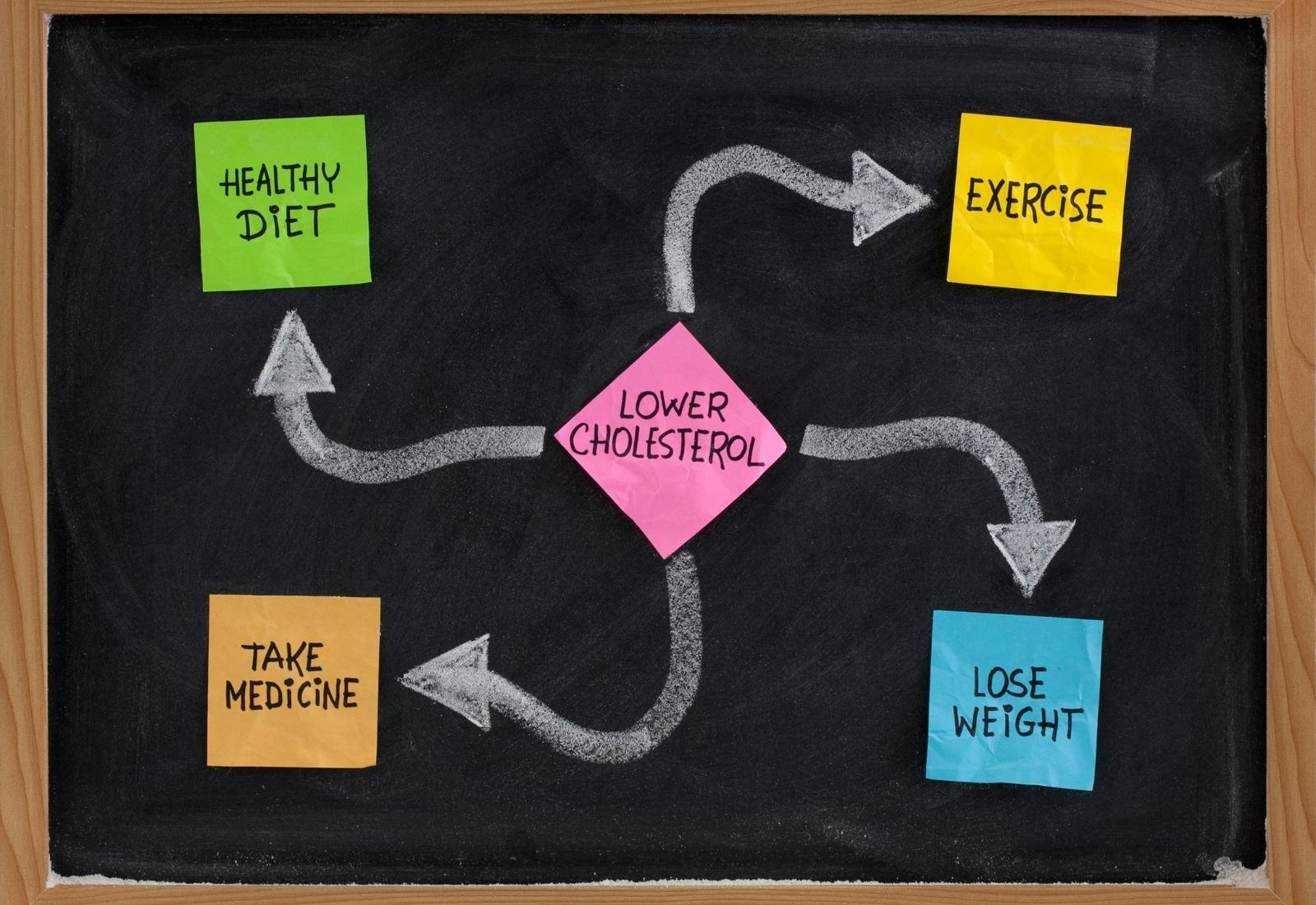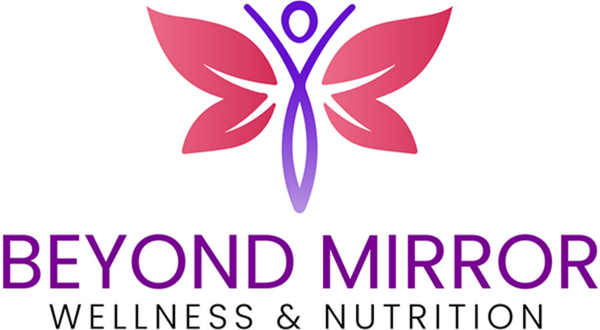
WHAT IS CHOLESTEROL?
Cholesterol is a waxy substance found in your blood. Your body needs cholesterol to build healthy cells, but high levels of cholesterol can increase your risk of heart disease.
With high cholesterol, you can develop fatty deposits in your blood vessels. Eventually, these deposits grow, making it difficult for enough blood to flow through your arteries. Sometimes, those deposits can break suddenly and form a clot that causes a heart attack or stroke.
High cholesterol can be inherited, but it's often the result of unhealthy lifestyle choices, which make it preventable and treatable. A healthy diet, regular exercise and sometimes medication can help reduce high cholesterol.
Symptoms
High cholesterol has no symptoms. A blood test is the only way to detect if you have it.
When to see a doctor
According to the National Heart, Lung, and Blood Institute (NHLBI), a person's first cholesterol screening should occur between the ages of 9 and 11, and then be repeated every five years after that.
The NHLBI recommends that cholesterol screenings occur every one to two years for men ages 45 to 65 and for women ages 55 to 65. People over 65 should receive cholesterol tests annually.
If your test results aren't within desirable ranges, your doctor might recommend more-frequent measurements. Your doctor might also suggest more-frequent tests if you have a family history of high cholesterol, heart disease or other risk factors, such as diabetes or high blood pressure.
What factors affect my cholesterol levels?
Many factors can affect your cholesterol levels. These include:
- Age: As you get older, your cholesterol levels rise.
- Diet: Saturated fat and trans fat in the foods you eat raise your LDL levels. This is the “bad” cholesterol you want to keep low. Reducing your intake of saturated and trans fats can help you lower your cholesterol.
- Exercise: Regular exercise can raise your HDL. This is the “good” cholesterol. Aim for 30 minutes of physical activity on most days of the week.
- Heredity: Your genes partly determine how much cholesterol your body makes. High blood cholesterol can run in families.
- Sex assigned at birth: Before menopause, people assigned female at birth usually have lower total cholesterol levels than people assigned male at birth who’re the same age. But after menopause, their LDL levels tend to rise and their HDL can drop.

